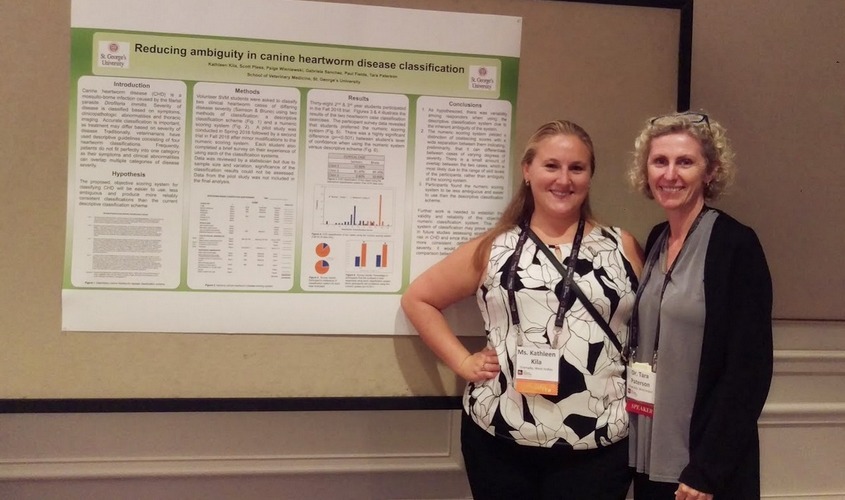Future Veterinarians Encouraged to Move Mountains at Spring 2020 White Coat Ceremony
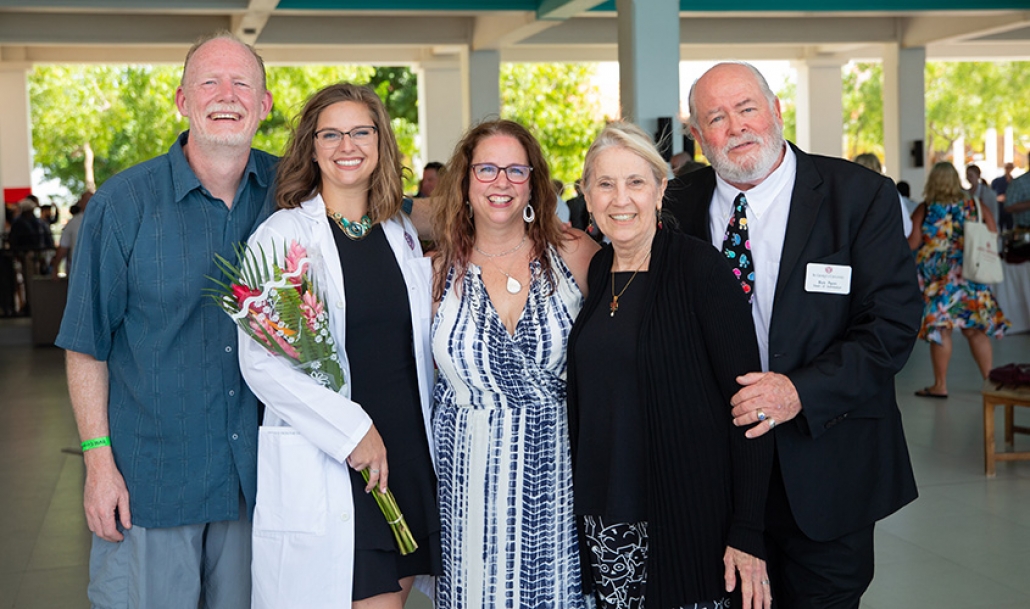
As parents, Jan and Sean Kane always knew that their daughter Sara was destined to accomplish great things. Yet, when the day arrived for her to profess her commitment to the study and practice of veterinary medicine, they were surprised as well as proud. Visiting Grenada for the first time, the couple left their home in Washington State to attend the Spring 2020 SVM White Coat Ceremony, sitting front and center to share in their daughter’s special moment.
“I can’t even express in words how proud I am of Sara right now,” shared Jan. “It has been an amazing three years leading up to this moment and it couldn’t get any better.”
“The campus is gorgeous,” added Sean. “And I know you’re not supposed to be jealous of your kid, but this is definitely an awesome place to spend the next few years.”
According to the Kanes, much of the credit for their daughter’s decision to enter into the veterinary medical profession must go to her grandmother, Dr. Eileen Rowan, a practicing veterinarian for more than 30 years. In addition to giving some gentle prodding, Dr. Rowan took her granddaughter to an animal hospital one day for a behind-the-scenes look into a vet’s world, and since then she’s never looked back.
“I’m so overjoyed that my granddaughter is going to be following in my footsteps,” said Dr. Rowan. “Going up on that stage and coating her, I had to concentrate very hard not to cry. Growing up, Sara’s always loved animals, but she had never considered pursuing a career in veterinary medicine. I’m glad I gave her that push she needed because she’s very talented. She has a real gift that she didn’t even know she had.”
During the ceremony, Dr. Rowan joined her husband on stage, SGU’s own dean of admission, Robert Ryan, to share in the privilege of coating their granddaughter along with five SGU graduates who returned for this spring’s SOM and SVM White Coat Ceremonies.
“I must say that this was one of the best experiences of my life since being at St. George’s,” said Mr. Ryan. “I’ve been here for 25 years and I absolutely love this island. I also love the faculty, staff, and most importantly, my interactions with the students. And now to see my granddaughter become a student here is just phenomenal. After completing three years in the preveterinary medical program to now witness her entry into the Doctor of Veterinary Medicine program, as well as have the honor of coating her along with my wife is just amazing. It’s one of the happiest days of my life.”
“Originally I wasn’t sure what I wanted to do,” admitted Sara. “But I’ve always been that kid who brought home stray animals and I was constantly interested in my pets’ health. I thank my grandmother for getting me into gear. She told me to give it a try, and the second I did, I fell in love. Later, when I saw my first surgery, that’s exactly when I knew I needed to be a veterinarian. It was my calling.”
Ms. Kane began her journey toward joining the ranks of nearly 1,700 graduates of the School of Veterinary Medicine who have gone on to practice in 49 states in the United States and 16 other countries around the world. The SVM also maintains partnerships with 31 universities and clinical facilities in the US, UK, Canada, Ireland, and Australia, where fourth-year students spend a year of clinical training at an affiliated veterinary school.
THE STONES OF SUCCESS
According to alumnus and master of ceremonies, Thomas Hanson, MD ‘11, getting into veterinary medical school was easy, the hard part was getting out.
“Now that you’ve gotten into vet school, what do you do with this mountain that’s before you?” asked Dr. Hanson. “My favorite Chinese proverb says, ‘those who move mountains start by carrying away small stones.’”
The first stone Dr. Hanson described was dedication, reminding the veterinarians-in-training that they already carried that one; otherwise they wouldn’t have enrolled. Next came organization, which had two stones—the first meant to get organized for class and study, and the second meant to get involved in joining various organizations and clubs. Another small stone to carry was their fellow classmates. He suggested getting to know them because they would always be there for them. Teachers was the next stone he mentioned, commending the SGU faculty which was made up of world-class professors from across the globe. Another small stone to be carried was open-mindedness. Dr. Hanson reminded them that vet school, like any other university, was challenging. The final small stone was recreation. He encouraged them to take full advantage of living on an island and to get out there and enjoy it.
“Four years are going to pass in the blink of an eye,” stated Dr. Hanson. “This group will then reconvene in New York and you’ll look at that first handful of small stones that you’ve carried; determination, organization, classmates, teachers, open-mindedness, and recreation and realize that the letters of those first stones spell out what you’ve grown to become—a DOCTOR.”
This year’s keynote speaker, Dr. Sara Baillie, emeritus professor at the University of Bristol in the UK, gave a lively presentation detailing her passion for developing new approaches in clinical skills teaching. Dr. Baillie also has a PhD in computer science, developing and validating virtual reality simulators for training veterinary students and is responsible for opening the clinical skills center at Bristol.
“I’ve had a wonderful career with so many opportunities,” said Dr. Baillie. “I absolutely loved being a clinician and I really enjoyed working with people and animals. Then I was able to go on and become an educational researcher and through that I can actually affect change and improve the ways we teach you. At the heart of me, I’ve always loved being a teacher and working with students and I know the faculty that will be teaching you here are very much of that same mindset.”
She finished her speech with a quote from Aleen Cust, the first female veterinarian who graduated in 1897: “My wish for you is that you may all feel as I do after a lifetime—that the profession you’ve chosen is the best profession in the world.”
Now in its 20th year, the School of Veterinary Medicine continues to add to its list of accolades with its Doctor of Veterinary Medicine (DVM) program recently receiving full accreditation from the Royal College of Veterinary Surgeons (RCVS). SGU’s DVM graduates who have completed the Global Veterinary Health Track will now be eligible to register as members of the RCVS and practice in the UK without further examination.
As a result of the accreditation, St. George’s University School of Veterinary Medicine is now one of the few schools in the world to be accredited by both the American Veterinary Medical Association Council on Education (AVMA COE) in the United States and Canada, as well as the RCVS in the UK.
– Ray-Donna Peters
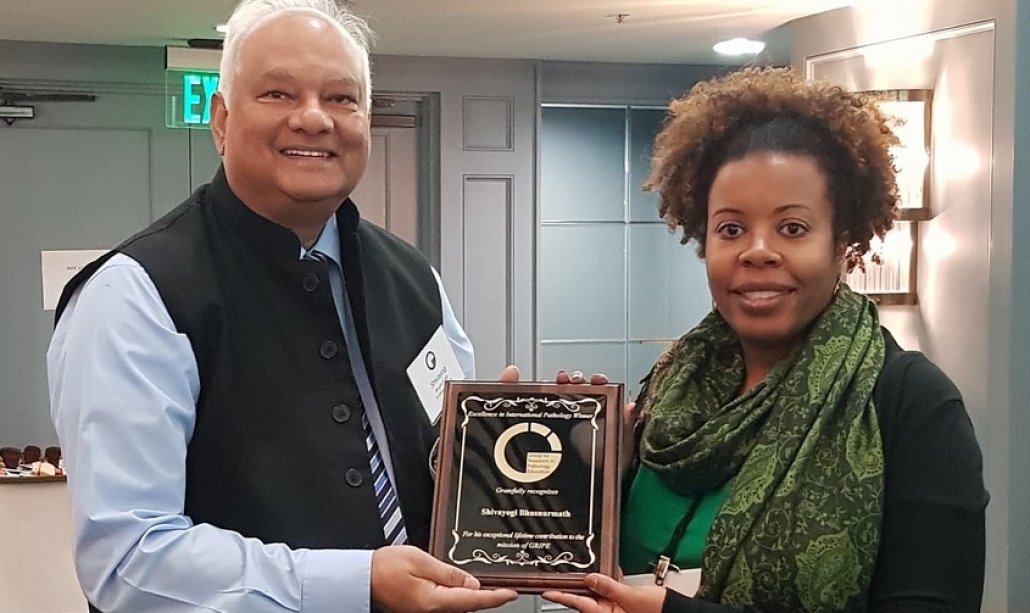
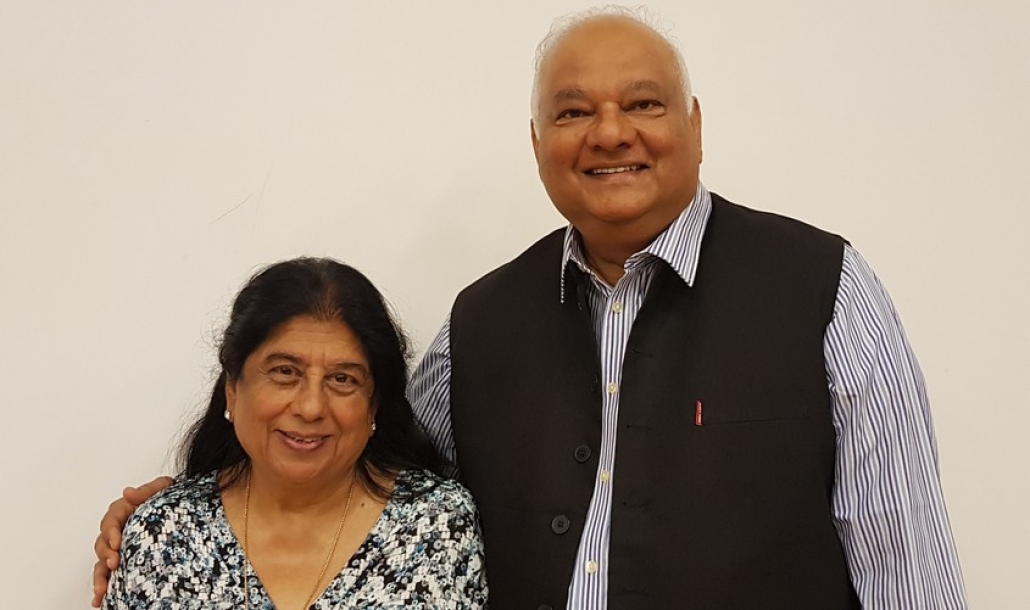
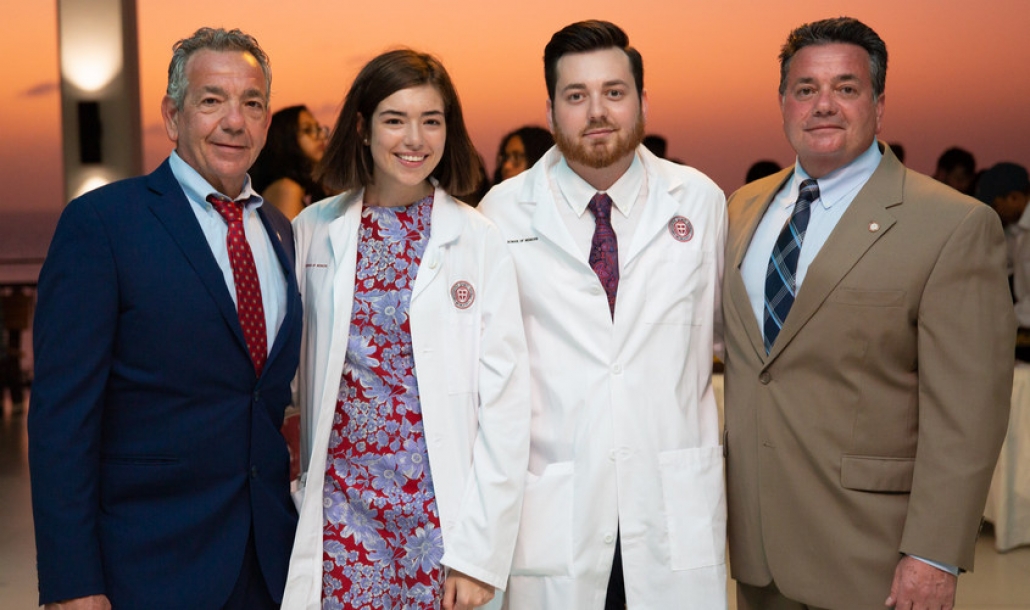 For the Rienzo family, practicing medicine seemed to run in their blood. Thus, it came as no surprise when cousins Jake and Emily Rienzo also decided to join the family business, taking their first steps into the medical profession at the
For the Rienzo family, practicing medicine seemed to run in their blood. Thus, it came as no surprise when cousins Jake and Emily Rienzo also decided to join the family business, taking their first steps into the medical profession at the 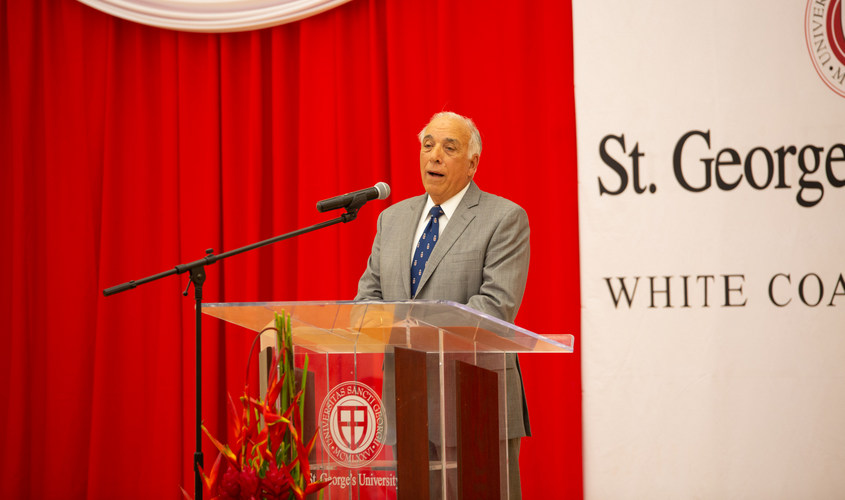
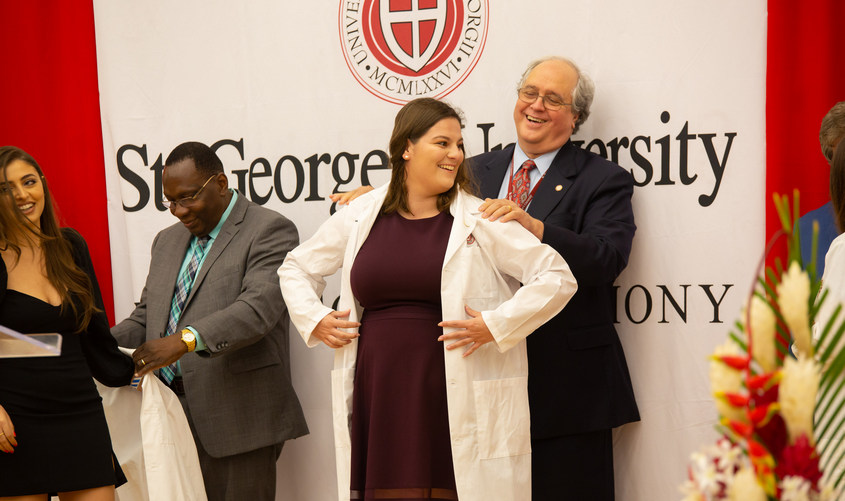
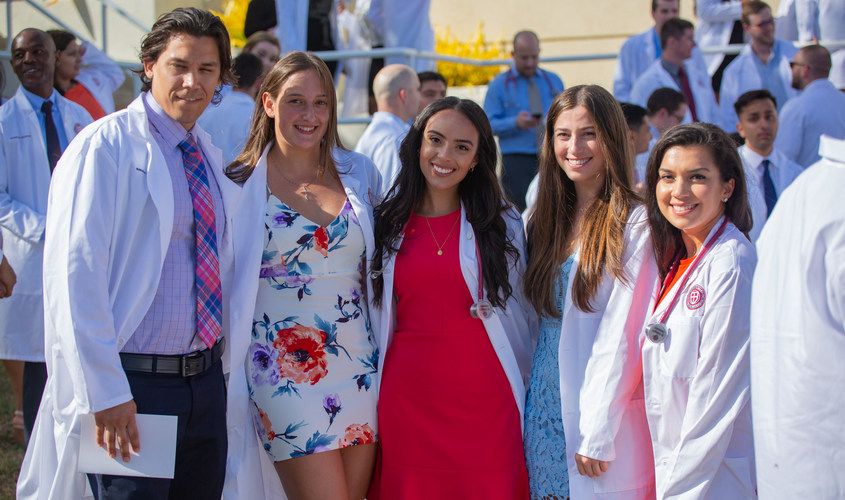
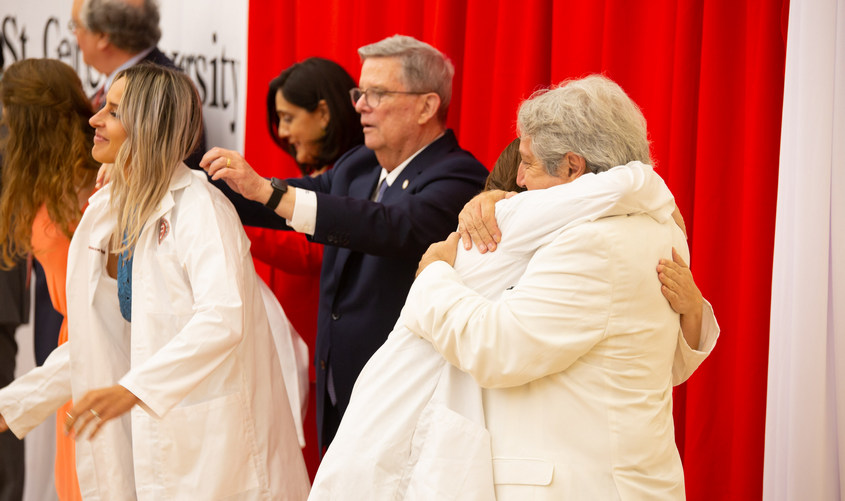
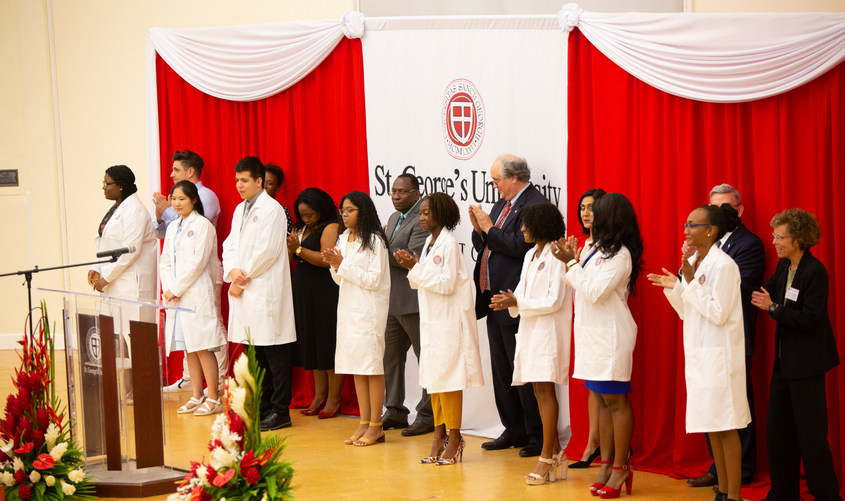
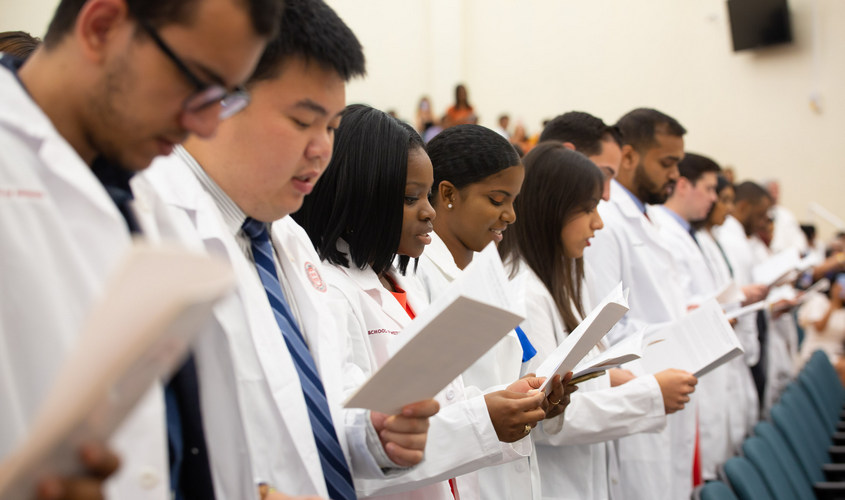
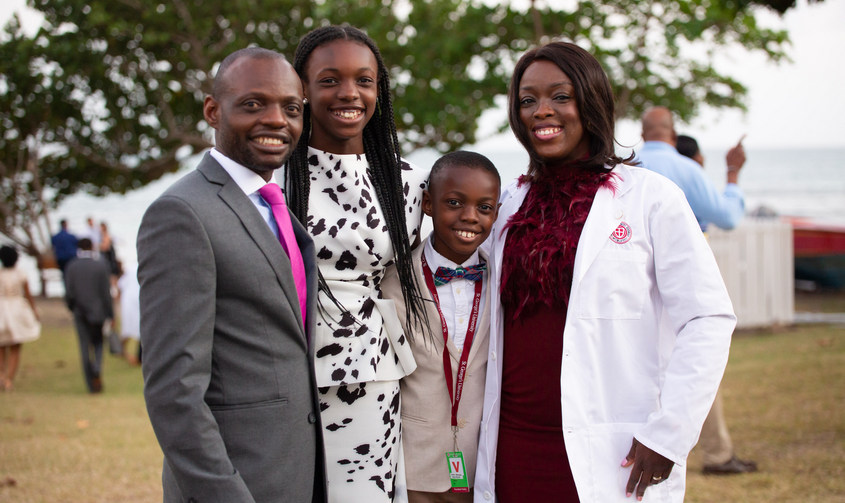
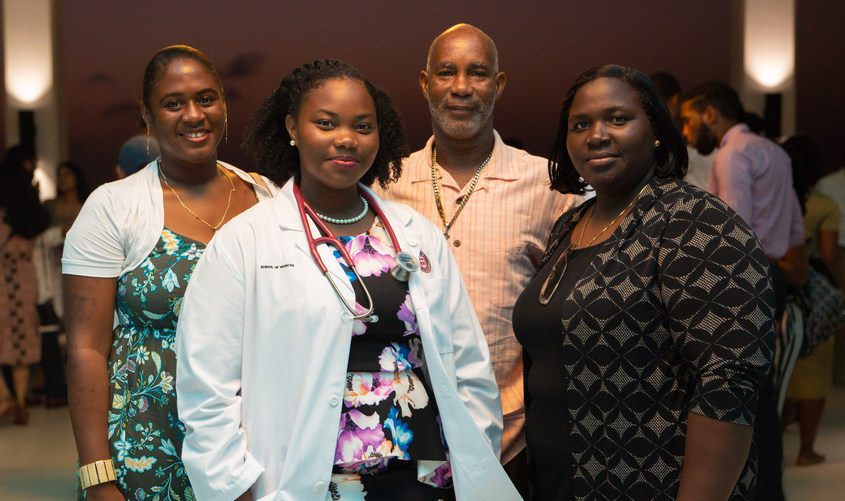
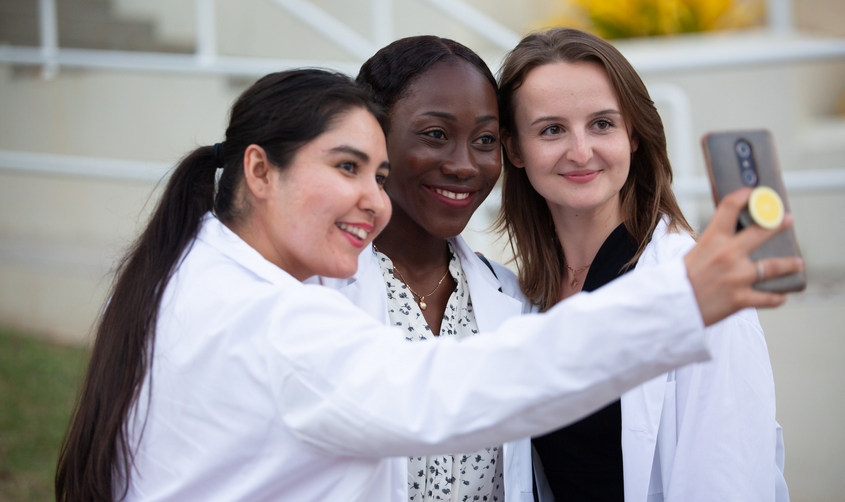
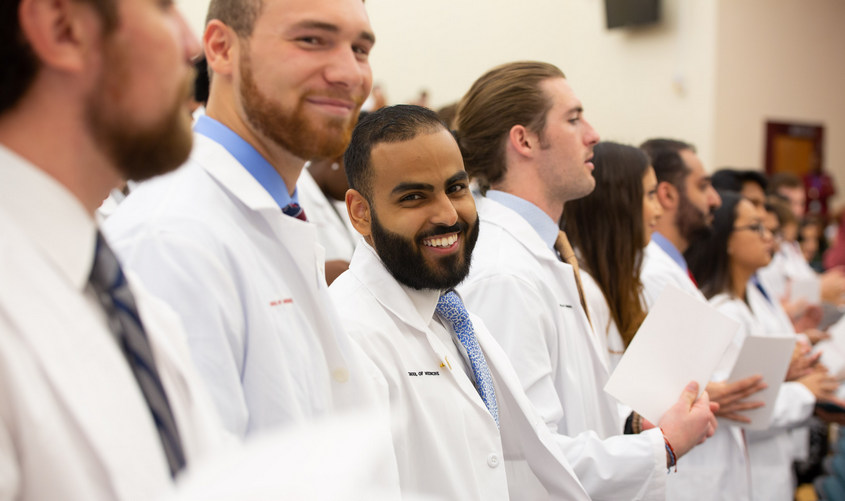
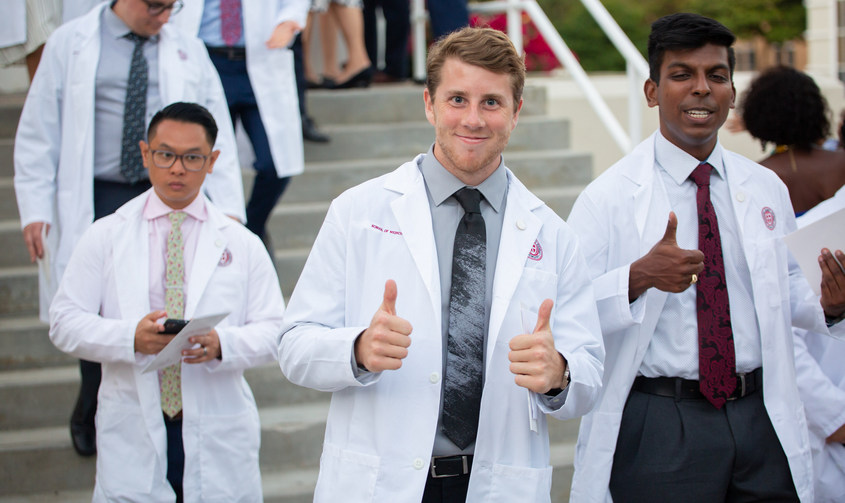
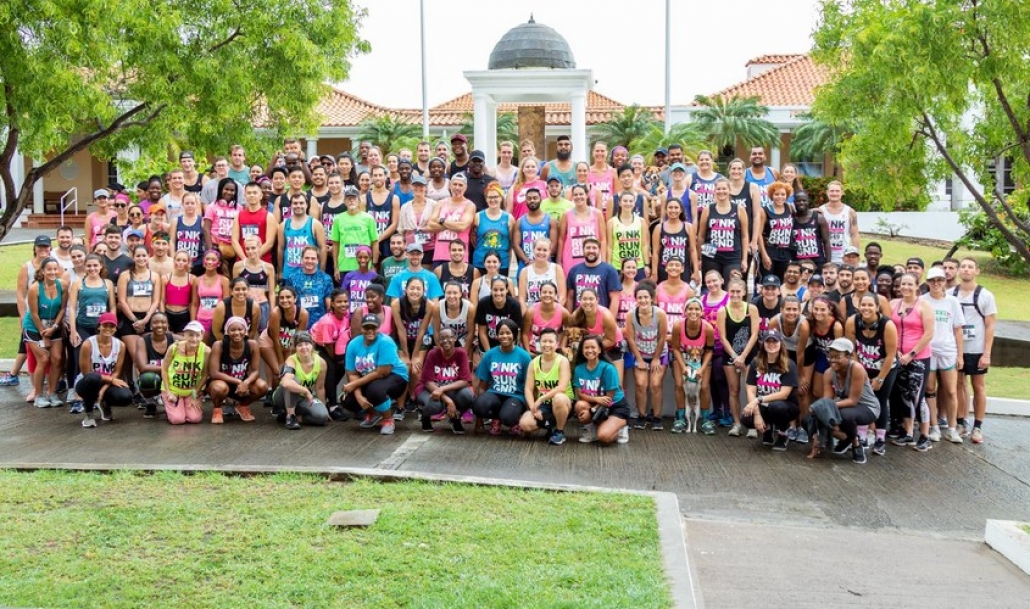 Since St. George’s University opened more than 40 years ago, Grenada has been a second home for SGU students who have descended upon the True Blue peninsula from countries all over the world. Collectively, through the more than 60
Since St. George’s University opened more than 40 years ago, Grenada has been a second home for SGU students who have descended upon the True Blue peninsula from countries all over the world. Collectively, through the more than 60 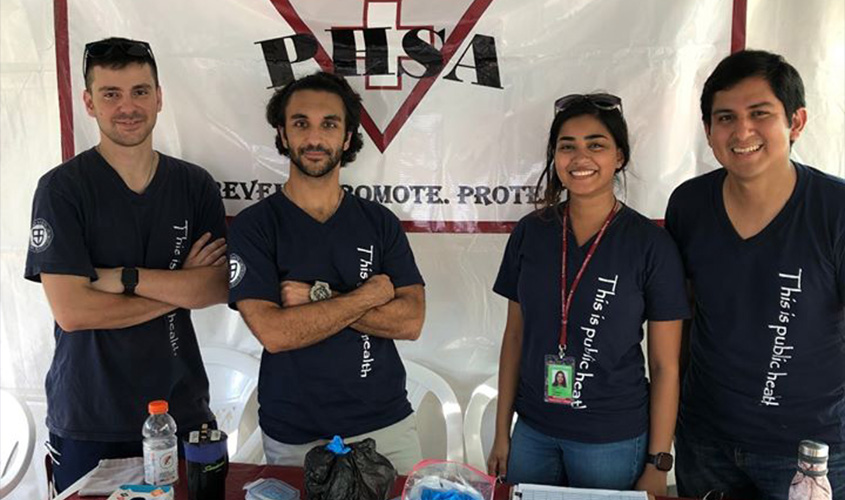
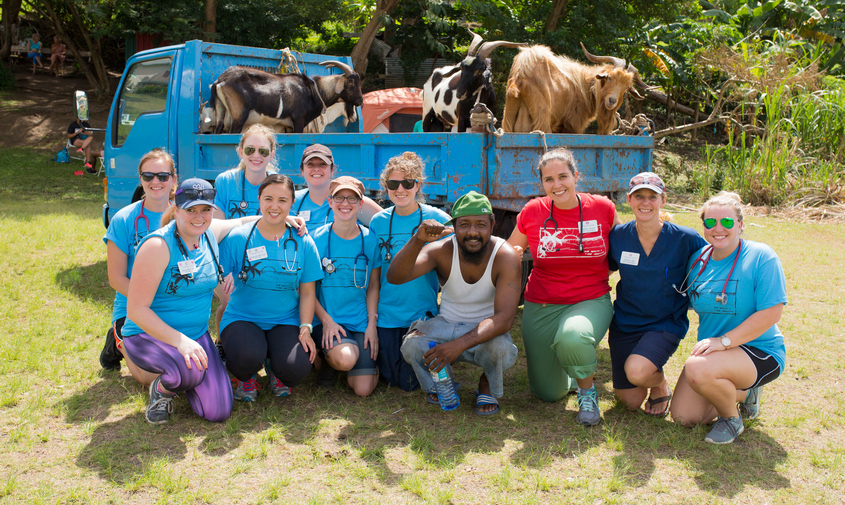
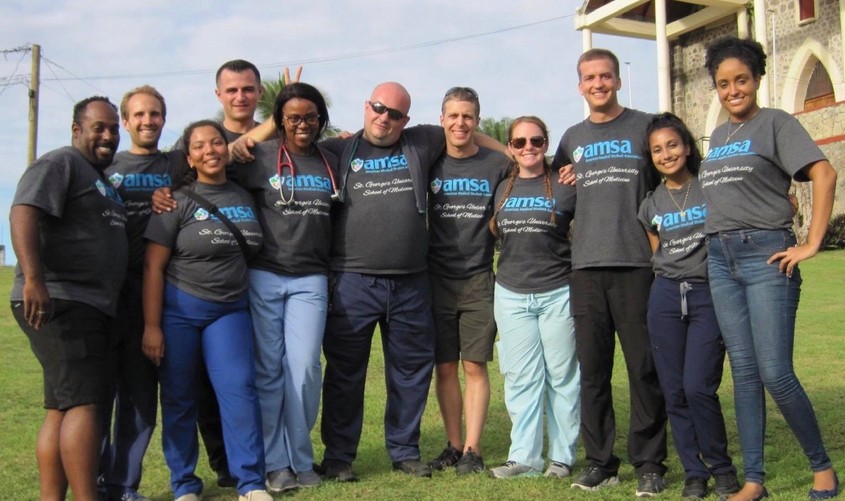
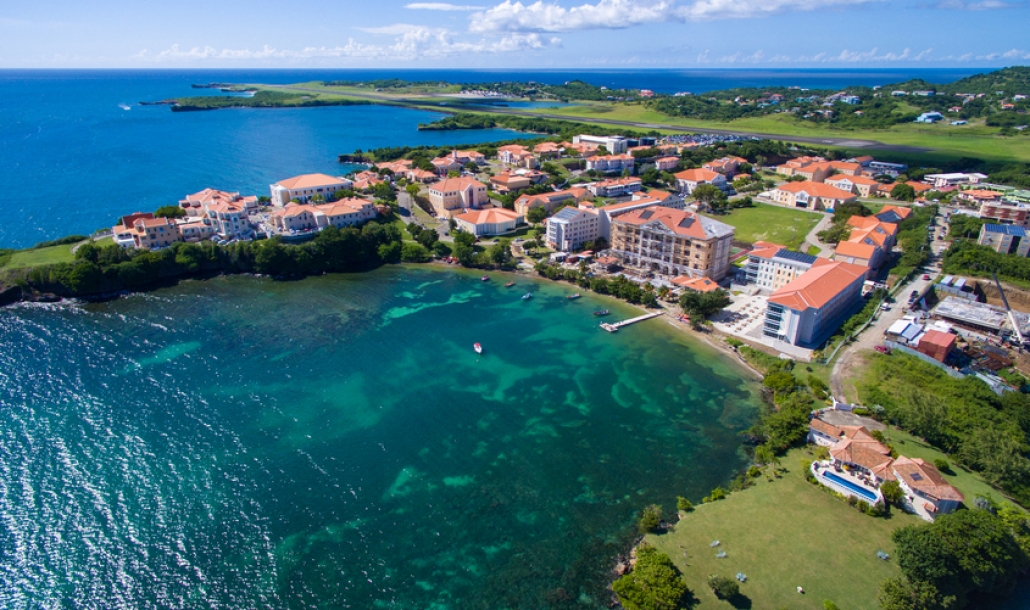 St. George’s University School of Medicine announced that it will launch a new spring class that will allow students to begin pursuing their medical degrees in April.
St. George’s University School of Medicine announced that it will launch a new spring class that will allow students to begin pursuing their medical degrees in April.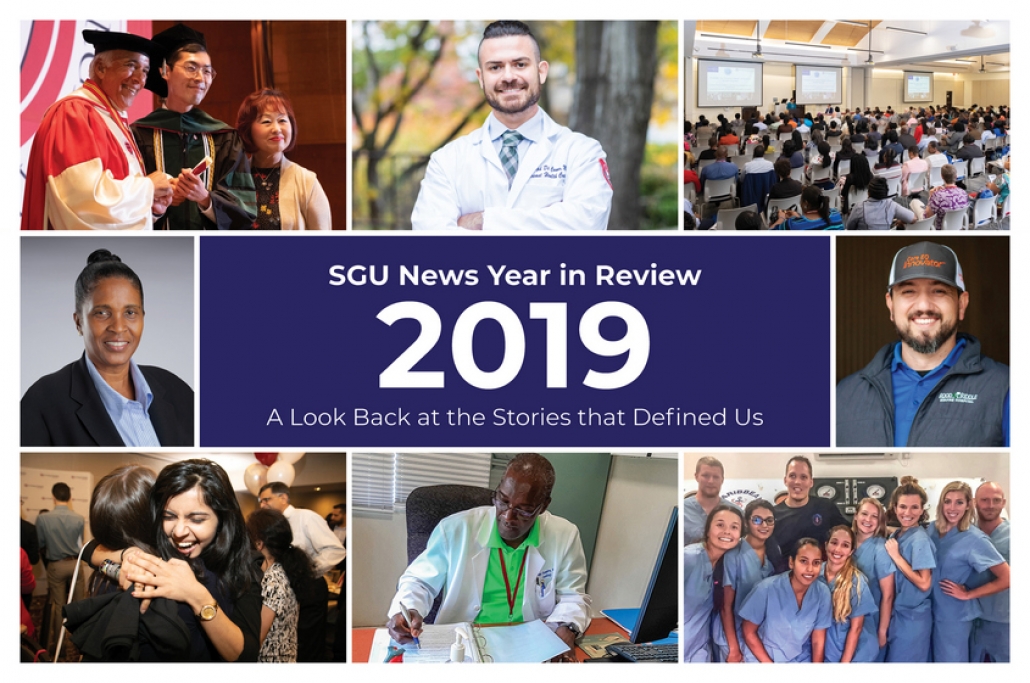
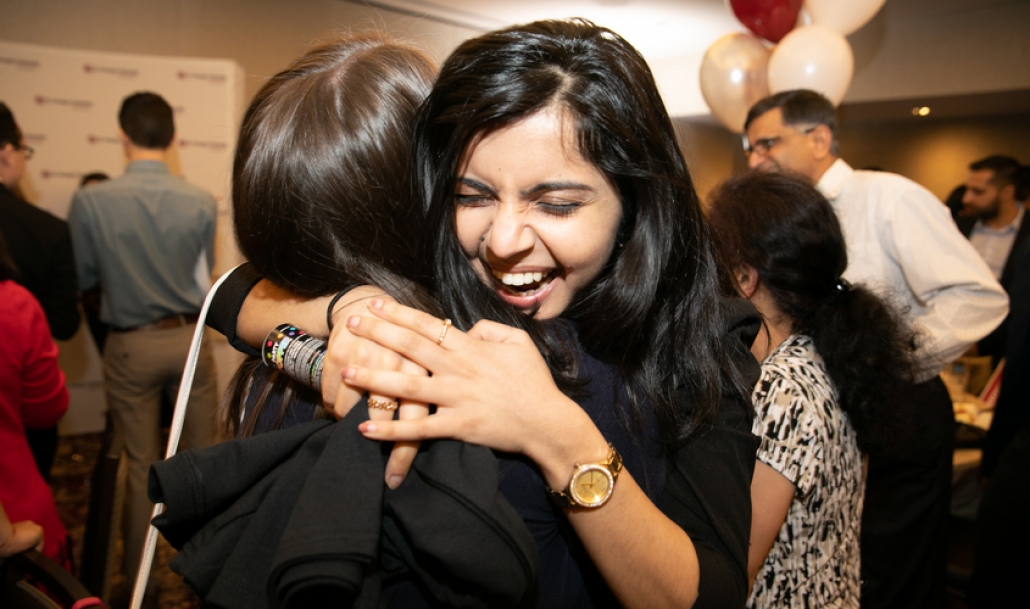
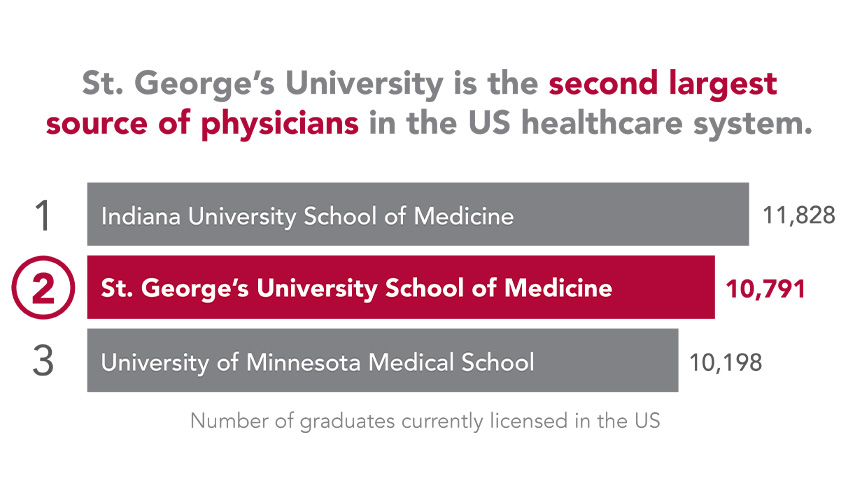
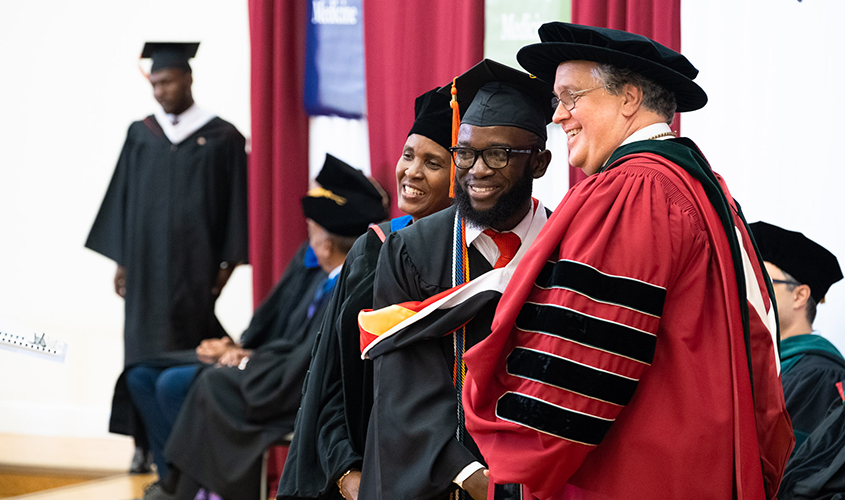
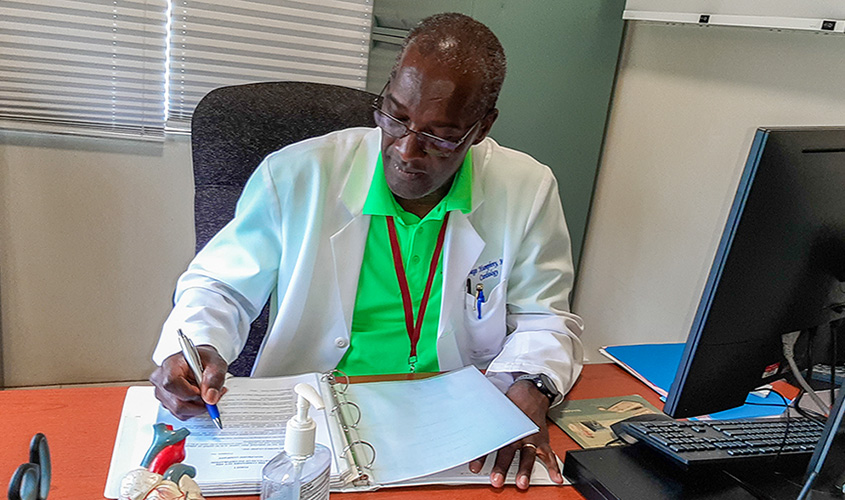
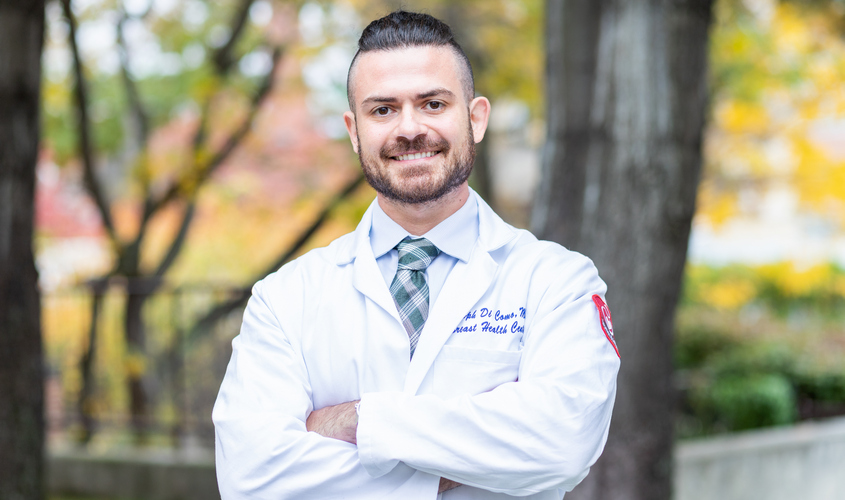
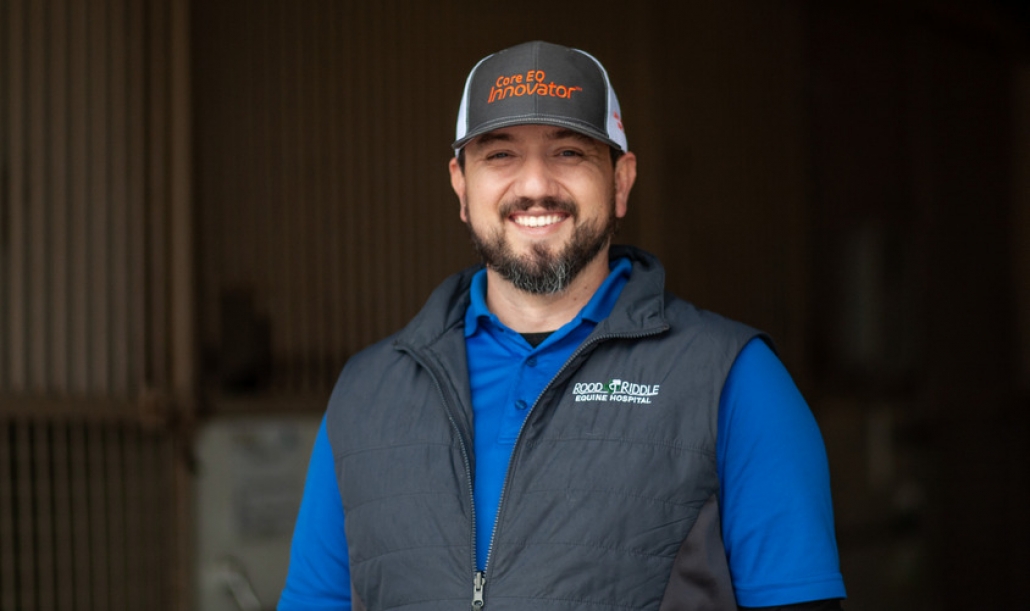
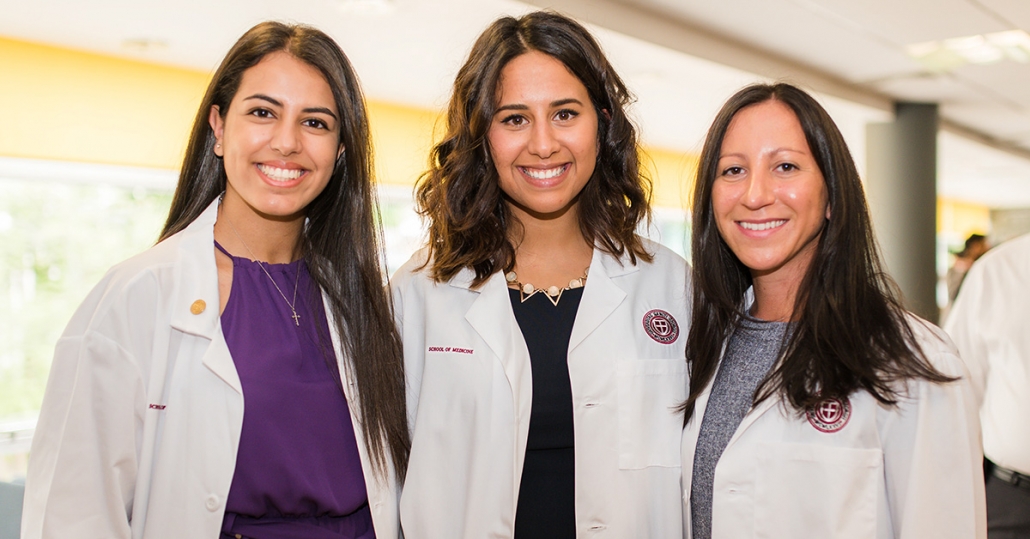
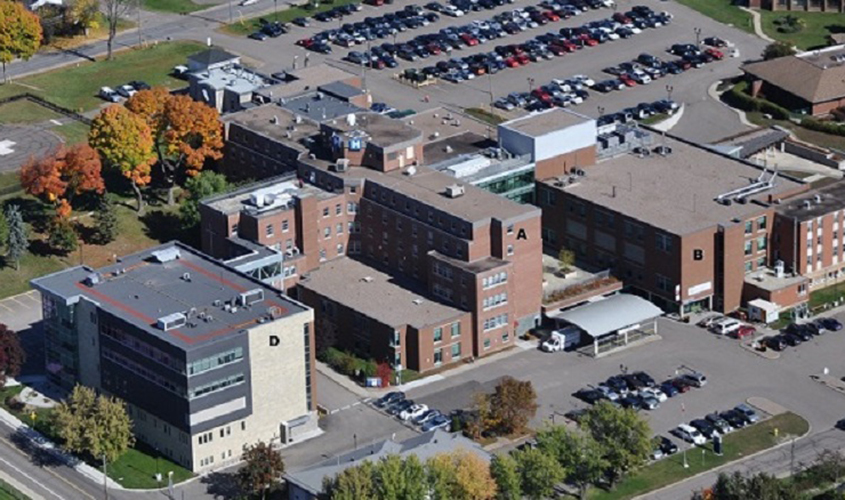 Adding to
Adding to 